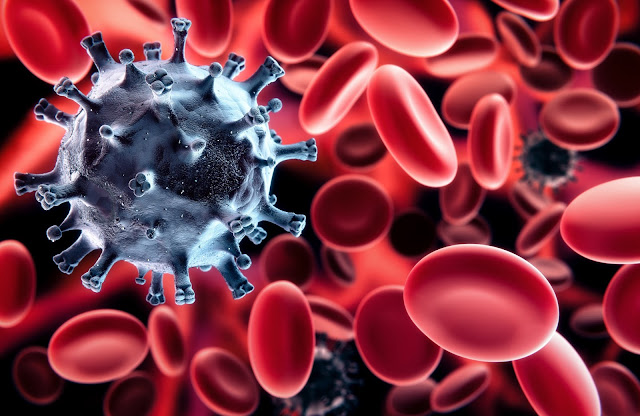Top news from the biopharmaceutical industry this week:
In the future, treatments tailored to
patients: Cambridge biotechs
such as Genzyme Corp. and Alnylam Pharmaceuticals Inc. are developing
personalized treatments for rare genetic disorders like Gaucher and Fabry
disease. Vertex Pharmaceuticals Inc. of Boston is turning out a portfolio of
medicines that attack the life-threatening lung disease cystic fibrosis by
targeting specific genetic mutations.
Getting to the red zone in biopharma R&D: For some time after the FDA put its
new breakthrough therapy designation together for the industry, there was a
good deal of back and forth among industry analysts over whether the BTD would
make much of a difference. You don't hear much of that kind of carping much
these days, and a new report from EP Vantage illustrates why.
Study: biopharma innovation outpaces tech overall: Innovation in the biotech and
pharmaceutical industries outpaced the combined activity of 12 technology
sectors between 2009 and last year, according to a report released today
by Thomson Reuters.
The 25 most influential people in biopharma
in 2015: A lot of people
make news in the biopharma business. Few of them are influential. Influence,
simply put, is the ability to make your mark in such a way as to get other
prominent people in this business to rethink the way they do business.
Alder Biopharmaceuticals' new drug promises
migraine relief: Shares of clinical-stage
biopharmaceutical company Alder Biopharmaceuticals Inc. are up more than
100 percent from the lows they made in late April this year and are currently
trading near their all-time highs.One of the main reasons for this surge has
been the promising data released by company last month for its migraine
treatment drug.
Cancer clinical trials expert to assist
Regen BioPharma, Inc. in addressing FDA questions: The goals of
the collaboration is to address questions posed by the FDA
regarding Regn BioPharma, Inc.'s planned Phase I/II clinical trial
assessing safety with signals of efficacy of the dCellVax gene silenced
dendritic cell immunotherapy for treating breast cancer and to modify the
existing Investigational New Drug application in order to maximize the
probability of clinical trial success.
Merck Millipore develops compaction
technology for biopharma:
Merck Millipore, the life science business of Germany-based Merck, has
developed a new technology that compacts dry powder cell culture media into
granules, accelerating solubility and improving flowability and handling. The
compacted media are, therefore, more convenient to use, allowing biopharmaceutical
manufacturers to further optimize their upstream processes.
|
Share this article with your social network, just click below to share now!
|
|
|
















